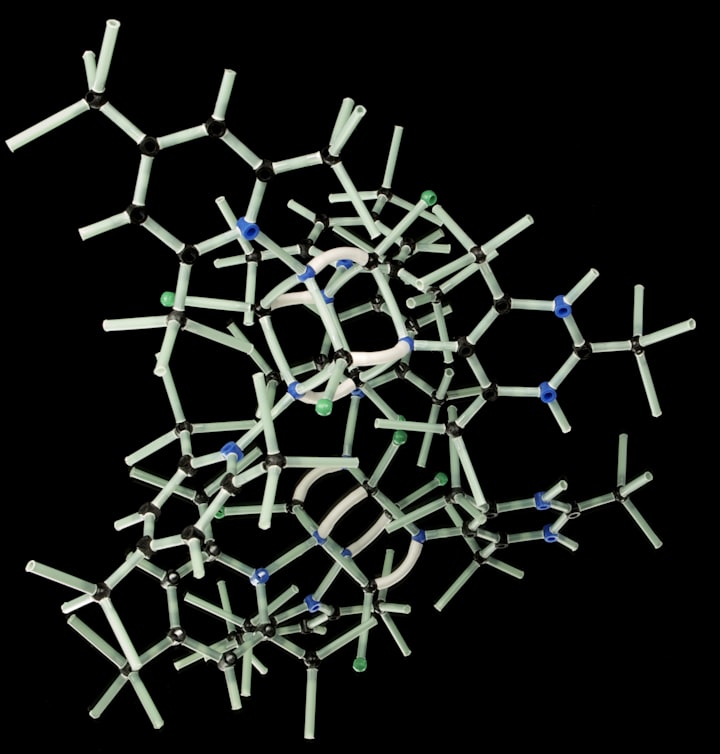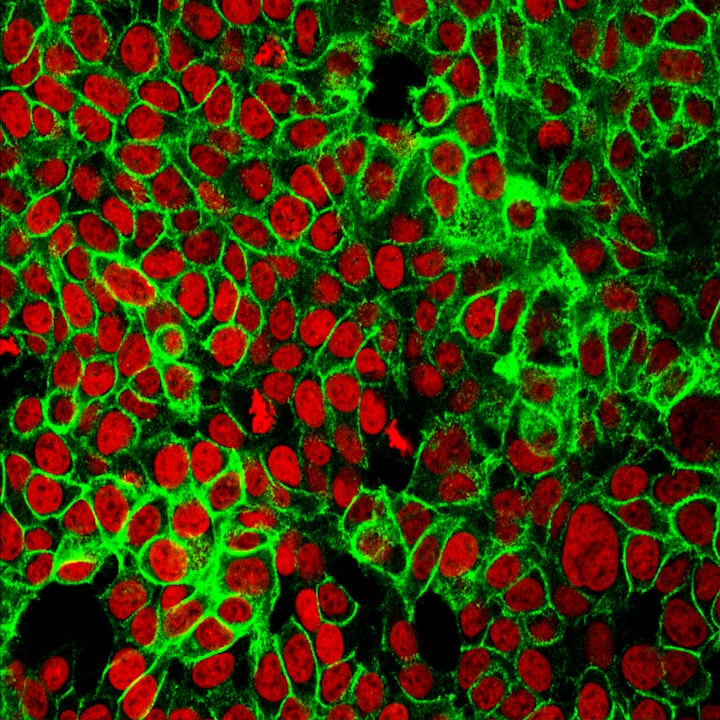Why Does Water Need to Boil for Pasta and Rice to Cook?
Discover why boiling water is crucial for rehydrating and denaturing proteins in pasta and rice cooking.

Cooking pasta or rice may seem like a simple task, but the process of boiling water plays a crucial role in preparing these staple foods.
Let's delve into the scientific reasons why water needs to reach its boiling point before pasta or rice can fully absorb it.
Rehydration and Cooking
When dry pasta or rice is submerged in water, it undergoes a process of rehydration and cooking.
Rehydration occurs as the dry starches absorb water, while cooking involves denaturing the proteins within the pasta or rice.
Both of these processes are essential for achieving the desirable texture and flavor of the cooked dish.
Temperature's Impact
The temperature of the water used directly affects the rehydration and cooking processes.
While pasta or rice can indeed rehydrate with water at any temperature, using colder water significantly prolongs the rehydration duration.
On the other hand, to denature the proteins in the pasta or rice, a higher temperature is required, which is achieved by boiling the water.
Denaturation of Proteins
In scientific terms, denaturation is the alteration of a protein's shape, breaking the bonds that maintain its structure.
This process is vital in cooking pasta or rice, as it results in the softening of the grains and makes them edible.
Water must be boiling-hot to cause this denaturation efficiently.
Absorption of Water and Flavors
Boiling water not only facilitates the denaturation of proteins but also allows for better absorption of water and flavors by the pasta or rice.
This absorption is crucial for achieving the desired texture and taste of the cooked dish.
The boiling process enables the starches in pasta or rice to swell and absorb water, leading to the familiar texture of these cooked carbohydrates.
The science behind boiling water for cooking pasta and rice is rooted in rehydration of starches, denaturation of proteins, and the absorption of water and flavors.
Understanding the science can help home cooks refine their culinary techniques and achieve perfect results when preparing these pantry staples.






